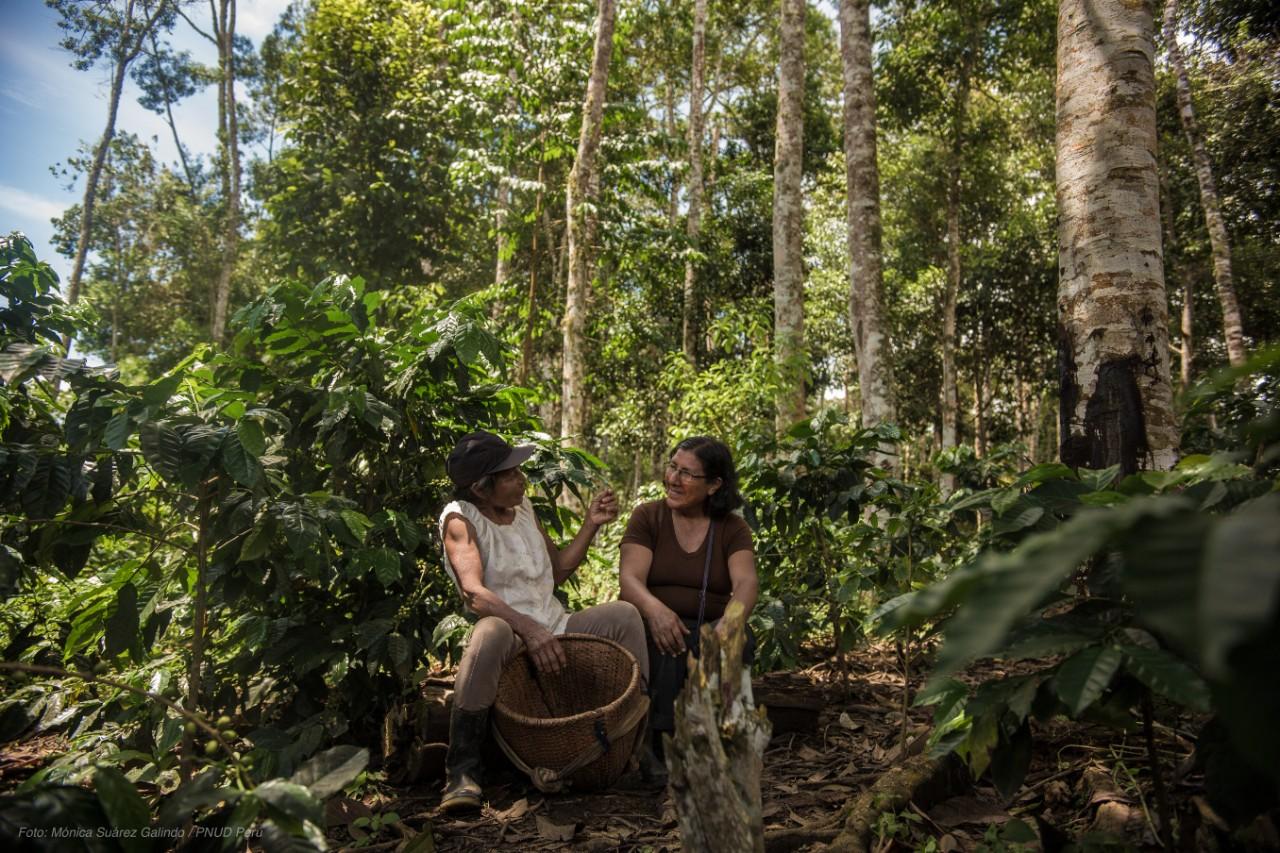In the first half of 2021, a Feminist Action Coalition for Climate Justice was established as part of the Global Acceleration Plan for Gender Equality of the Generation Equality Forum defined in Paris. As countries submit their updated National Determined Contributions (NDCs) and prepare to define new biodiversity and climate targets, this second half of 2021 is the right time to reflect on the progress and remaining challenges to effectively promote gender equality and women's empowerment.
This reflection cannot be postponed and must take place at the highest political levels in Latin America and the Caribbean, as we are living a unique moment where we are facing an unprecedented triple crisis caused by COVID-19, climate change, and biodiversity loss. It’s occurring in a region where we already observe high inequality and low growth, and which is experiencing a 7.7 percent contraction of its economy and a setback in reducing poverty and addressing inequalities.
The 2020 Human Development Report highlights that the global and social imbalance presents interrelated challenges that aggravate each other. Therefore, we are at a turning point as a region where we must ask ourselves what will it take to finally consider policies that can transform the productive, economic, social, and environmental systems that have brought us to this place? To change this trajectory requires a major transformation in the way we live, work, and cooperate and accelerate real solutions that bring us closer to a development model based on human rights and sustainability, where social, environmental and economic elements are not seen as trade-offs but as complementary.
Latin America has made an important shift in its environmental and climate policies and initiatives. Preliminary UNDP data show that all 17 NDCs submitted to the United Nations Framework Convention on Climate Change include gender considerations, 11 of them promote gender equality in a more comprehensive manner and eight include gender-responsive climate targets.
Some innovative environmental initiatives at the local level have begun to transform the way they promote gender equality and women’s empowerment. In Costa Rica, the Más Mujer Más Natura Program promotes environmental financing opportunities to mitigate the impact of COVID-19. In Ecuador, the National Program for the Appropriate Management of Chemical Substances recognizes the work of women and provides decent work opportunities for women in the mining sector, and Panama has started developing its National Gender and Climate Change Plan, which aligns the country's climate commitments with gender actions. These show us unequivocally that promoting gender equality is not an issue that is simply added on, but an essential component for achieving environmental goals.
We hope that these reflections not only focus on the progress, but that based on it we can identify in a harmonized manner the gaps, challenges and priorities and define the necessary steps to ensure that development agendas include transformative gender measures that will allow us to live in balance with the planet and in a fairer world. We must always remember that gender equality is synonymous with change and the catalyst that will allow us to design more comprehensive and multidimensional intervention strategies that offer genuinely transformative social and environmental opportunities.

 Locations
Locations
